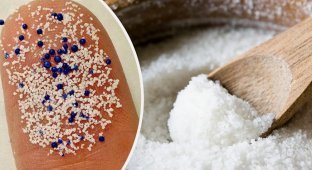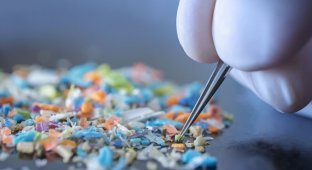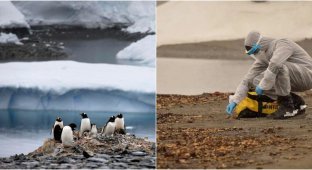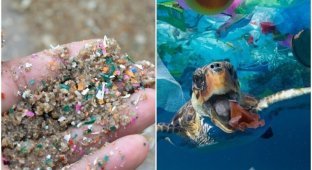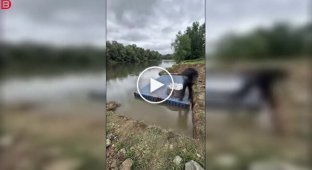Scientists have discovered microplastics in the most remote areas of Antarctica (3 photos)
The British Antarctic Survey (BAS) has found microplastics near research bases in Antarctica. The tiny fragments, some as small as red blood cells, are the first to be found in such remote locations. 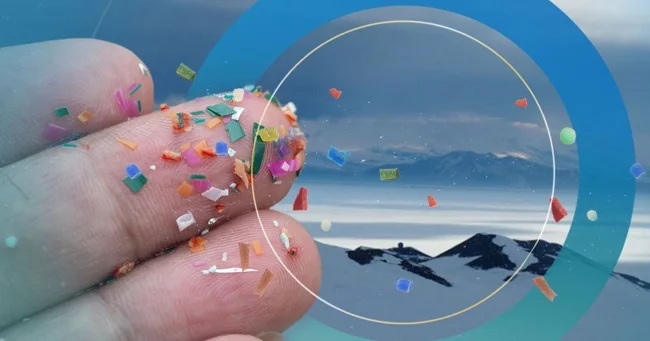
Initial analysis suggests the plastics are locally sourced.
"This could be from clothing or ropes and flags used to mark safe routes in and around camp," said marine ecologist Dr Clara Manno.
“Despite strict requirements for the selection of materials imported to Antarctica, our results show microplastic contamination even in remote and strictly controlled areas. This demonstrates the ubiquity of plastic pollution, with no place on Earth left untouched,” said Dr Kirsty Jones-Williams, one of the study’s authors. 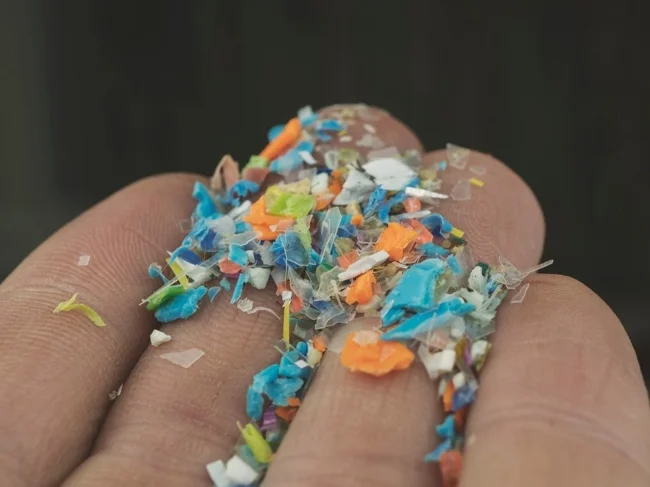
The samples were collected from three camps on the Union and Shantz glaciers, remote sites around the South Pole. The BAS team used a new method that involves melting snow through filter paper and then scanning it at high resolution. The analysis found microplastics in concentrations ranging from 73 to 3,099 particles per litre of snow. The vast majority of the particles (95%) were smaller than 50 micrometres – the size of most human cells. Experts say previous methods of analysis may have underestimated the scale of the contamination. 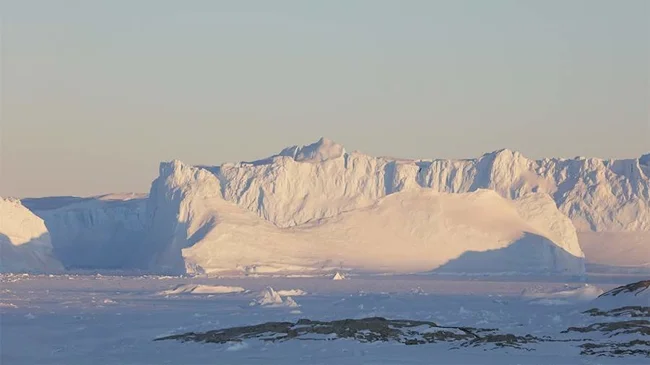
“With modern technology, we can now analyse microplastics at much smaller sizes than before,” says Dr Emily Rowlands. “We found that the levels of microplastics in these snow samples were 100 times higher than previous studies.”
Across all three sites, several common types of plastic were found, including polyamide (used in textiles), polyethylene terephthalate (used in bottles and packaging), polyethylene, and synthetic rubber.
“We need to do more research to better understand where microplastics are coming from in Antarctica. We want to understand how much plastic is coming from local sources and how much is being transported over long distances. This will help us find ways to reduce pollution in one of the most pristine places on our planet,” Dr. Manno added.
Microplastics can speed up snowmelt and reduce the amount of carbon carried by krill to the seafloor.
“As the world strives for accountability under the Global Compact on Plastics adopted at the UN Environment Assembly, regular assessments in such ecosystems can provide critical data for policy and decision-making,” concluded Jones-Williams.












